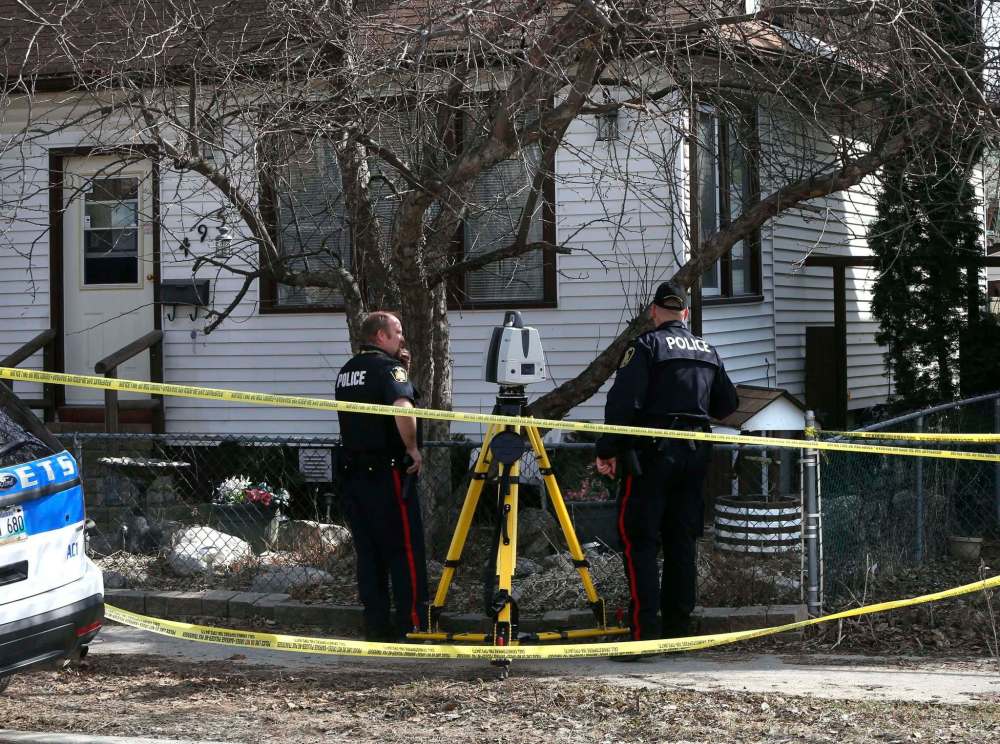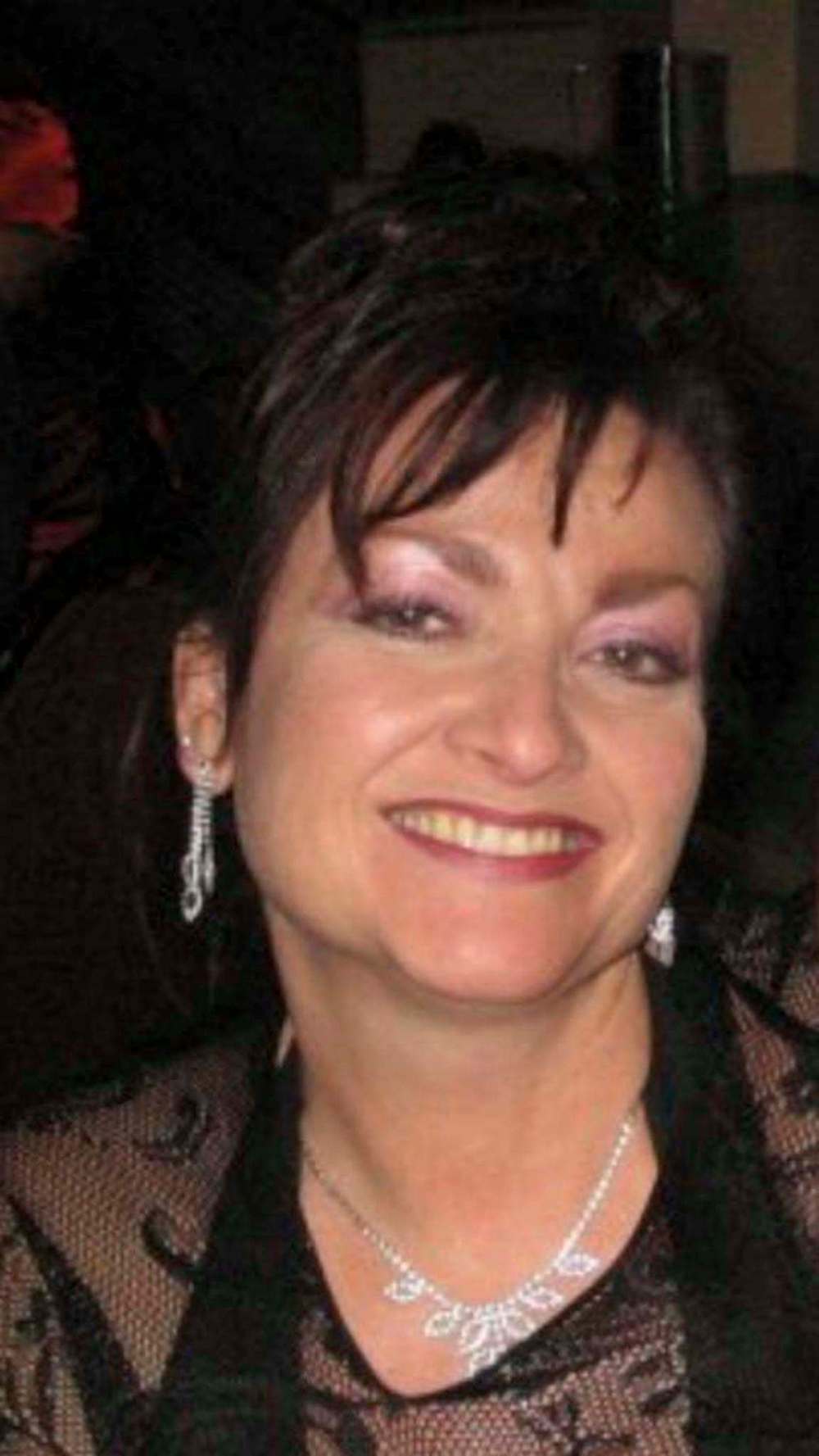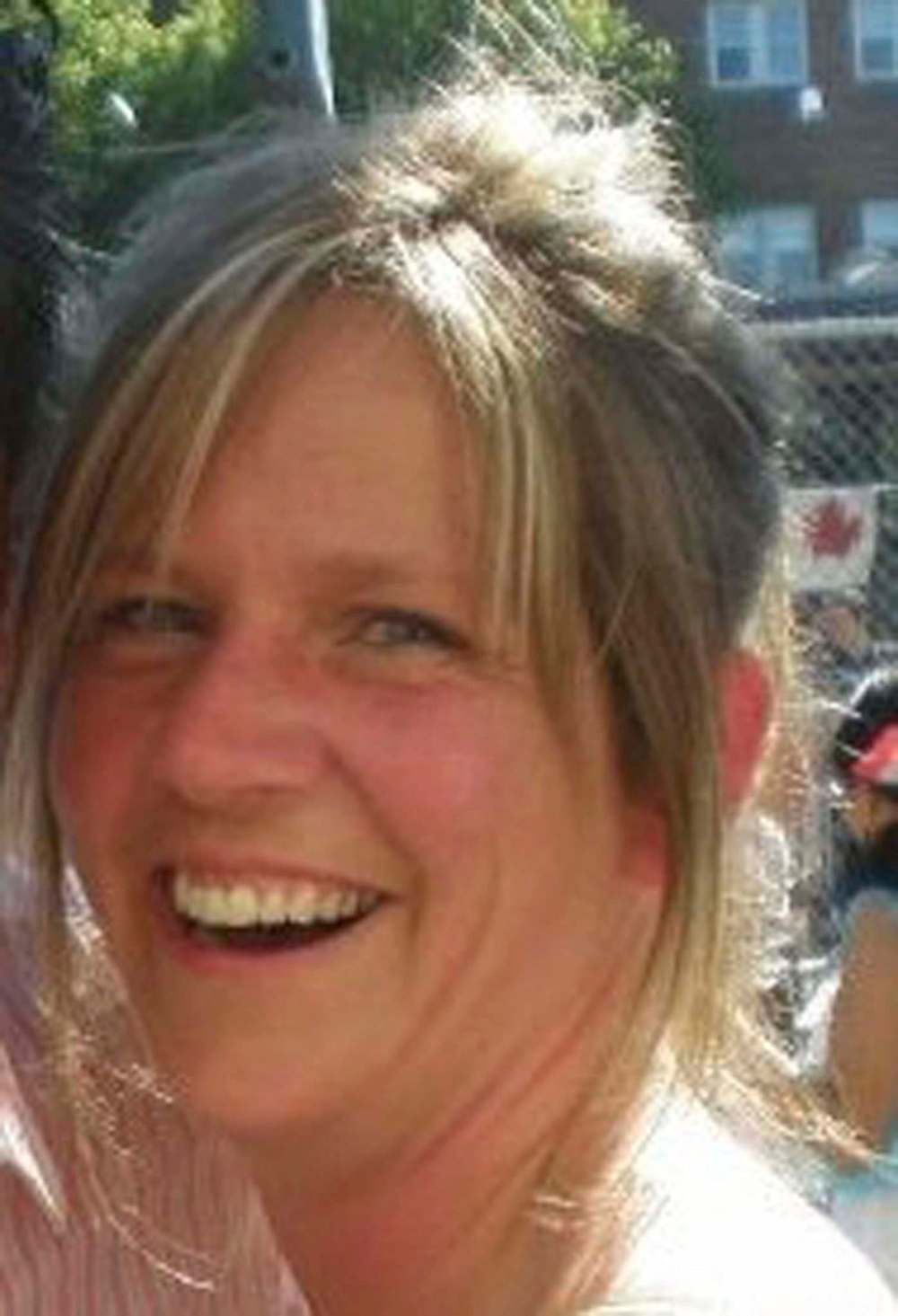Appeal for sentencing mercy in 2017 Wolseley murder
Advertisement
Read this article for free:
or
Already have an account? Log in here »
To continue reading, please subscribe:
Monthly Digital Subscription
$0 for the first 4 weeks*
- Enjoy unlimited reading on winnipegfreepress.com
- Read the E-Edition, our digital replica newspaper
- Access News Break, our award-winning app
- Play interactive puzzles
*No charge for 4 weeks then price increases to the regular rate of $19.00 plus GST every four weeks. Offer available to new and qualified returning subscribers only. Cancel any time.
Monthly Digital Subscription
$4.75/week*
- Enjoy unlimited reading on winnipegfreepress.com
- Read the E-Edition, our digital replica newspaper
- Access News Break, our award-winning app
- Play interactive puzzles
*Billed as $19 plus GST every four weeks. Cancel any time.
To continue reading, please subscribe:
Add Free Press access to your Brandon Sun subscription for only an additional
$1 for the first 4 weeks*
*Your next subscription payment will increase by $1.00 and you will be charged $16.99 plus GST for four weeks. After four weeks, your payment will increase to $23.99 plus GST every four weeks.
Read unlimited articles for free today:
or
Already have an account? Log in here »
Hey there, time traveller!
This article was published 30/12/2019 (2173 days ago), so information in it may no longer be current.
Minutes after a judge made clear his concerns Brenda Schuff had shown no remorse or regret for killing Wolseley neighbour Judy Kenny, the convicted murderer sobbed uncontrollably as she made a last-ditch appeal for mercy.
“I’m sickened and repulsed by my actions,” Schuff told Queen’s Bench Justice Rick Saull at a sentencing hearing Monday in Winnipeg.
“I know nothing can be done to ever make this right to Judy Kenny’s family and friends,” Schuff said. “I am so terribly sorry… I ask for mercy. I will do whatever it takes. I will attend whatever program necessary, whatever counselling necessary.”

Schuff, 46, was convicted by a jury of second-degree murder after a trial last summer.
Kenny, 54, was found dead in the kitchen of her Camden Place home, April 10, 2017, suffering 23 stab wounds to her chest and face. A kitchen knife was protruding from her eye socket.
The automatic sentence for second-degree murder is life in prison, but it is up to Saull to set Schuff’s period of parole ineligibility, anywhere from a minimum of 10 years to a maximum of 25.
Prosecutors have recommended Schuff serve 17 years before she can apply for parole; defence lawyer Matt Gould pushed for the minimum period of parole ineligibility.
Saull will sentence Schuff on Jan. 3.
Jurors rejected Schuff’s claim she acted in self-defence after finding herself in a life-or-death struggle with Kenny, who, defence lawyers argued, was deranged by a toxic combination of alcohol and prescription medication.
Schuff claimed Kenny attacked her with a knife and she blacked out during an ensuing struggle. Schuff said the next thing she remembered was standing in her own kitchen with her husband.
Whether Schuff remembers it or not, the brutality of the attack and evidence of sadism, which included additional slashing and stomping wounds, coupled with her “callous” behaviour after her arrest appears to warrant increasing her period of parole ineligibility, Saull told Gould.

“How does this not merit an increase?” Saull said. “When you add this all up, it paints a pretty brutal picture.”
Court has heard Schuff made vulgar sexual comments to police following her arrest and joked about using evidence bags placed on her hands as puppets.
Gould argued Saull should place no weight on Schuff’s post-arrest behaviour, saying it was evidence only of an inappropriate reaction to stress.
“It’s one thing to laugh when you are nervous, or to cry,” Saull said. “It’s another thing to do a stand-up comic routine… She thought she was being funny and entertaining the police officers. Forget about being funny, scary is what it is.”
In both her interactions with police and her testimony at trial, “there has not been one statement or utterance that amounts to empathy,” Saull said. “If you are going to talk about rehabilitation, that isn’t even going to get kick-started until you have a modicum of remorse.”
Schuff testified at trial she met Kenny for the first time just hours before the killing, as Kenny searched for a lost dog. Schuff helped her in the search, and then joined her at Kenny’s home to socialize.
Schuff claimed Kenny became angry after she spent too much time in the bathroom and later blocked her exit from the residence. During a struggle that followed, Kenny brandished a knife, causing her to fear for her life, Schuff testified. Schuff said she punched Kenny two or three times in the head, after which everything “flickered and got dark.”

Prosecutors urged Saull to reject Schuff’s blackout claim, and suggested there may have been a sexual component to the killing. Police found Kenny’s body topless, with her tights on backwards.
“If Ms. Schuff were a man, we would assume by the state of her dress and the way her shirt came off that this was done in the context of a sexual assault,” Crown attorney Debbie Buors said at a December sentencing hearing.
Kenny had no defensive wounds, showing she was either too intoxicated to ward off the attack or was already unconscious when the injuries were inflicted, Buors said.
dean.pritchard@freepress.mb.ca

Someone once said a journalist is just a reporter in a good suit. Dean Pritchard doesn’t own a good suit. But he knows a good lawsuit.
Our newsroom depends on a growing audience of readers to power our journalism. If you are not a paid reader, please consider becoming a subscriber.
Our newsroom depends on its audience of readers to power our journalism. Thank you for your support.



